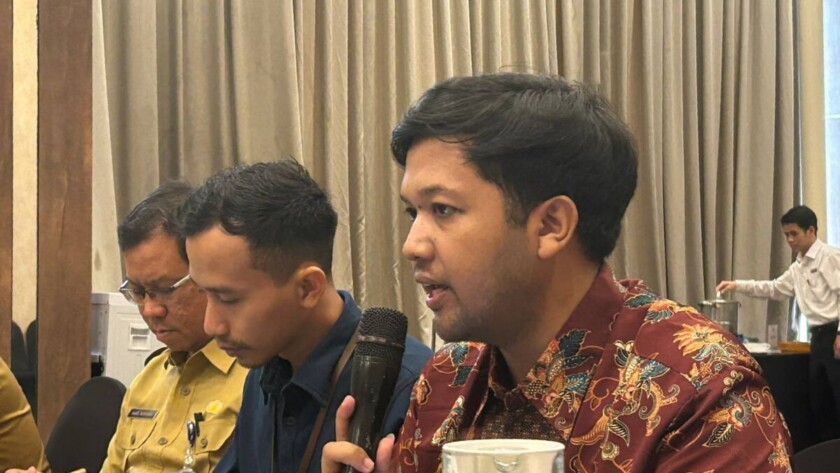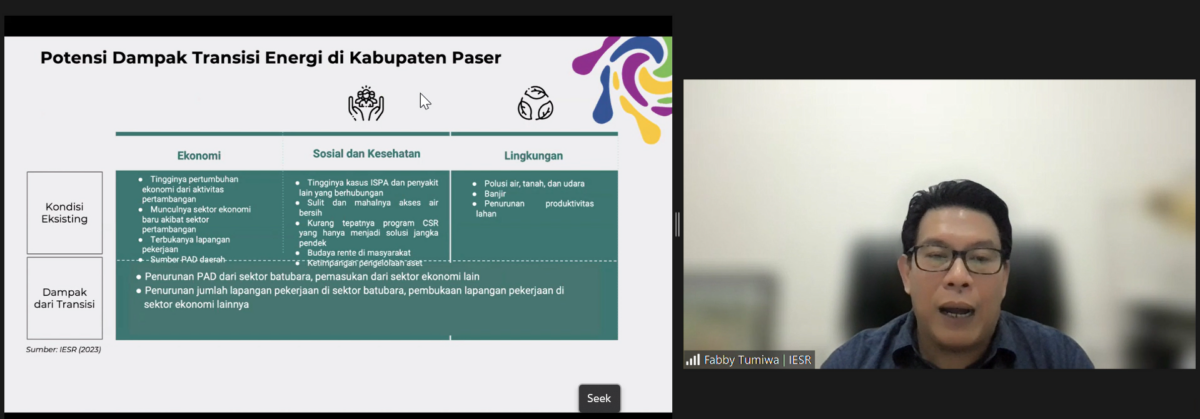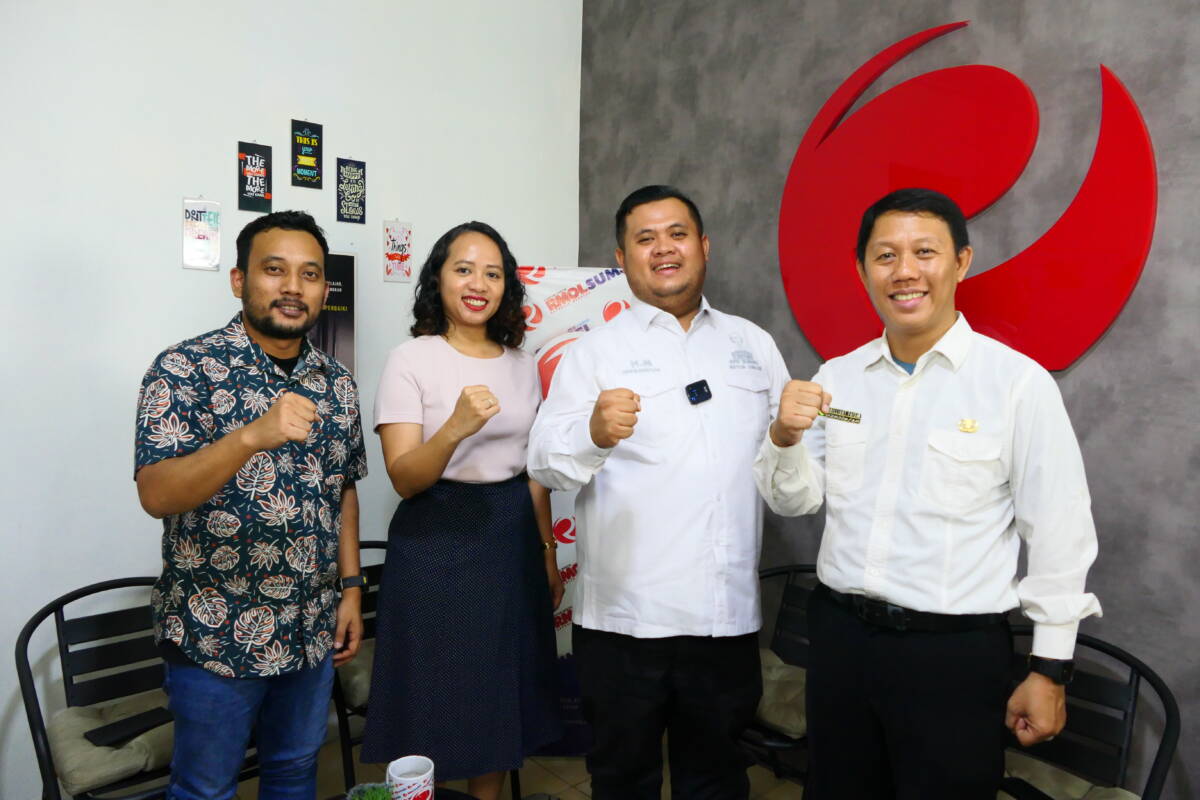Palembang, September 16, 2025 - South Sumatra (Sumsel) has long been known as one of Indonesia's energy hubs. Its natural resources, including coal, oil, and natural gas, make the province a key contributor to the national energy supply. However, amid the growing climate crisis, reliance on fossil fuels can no longer be a long-term…





